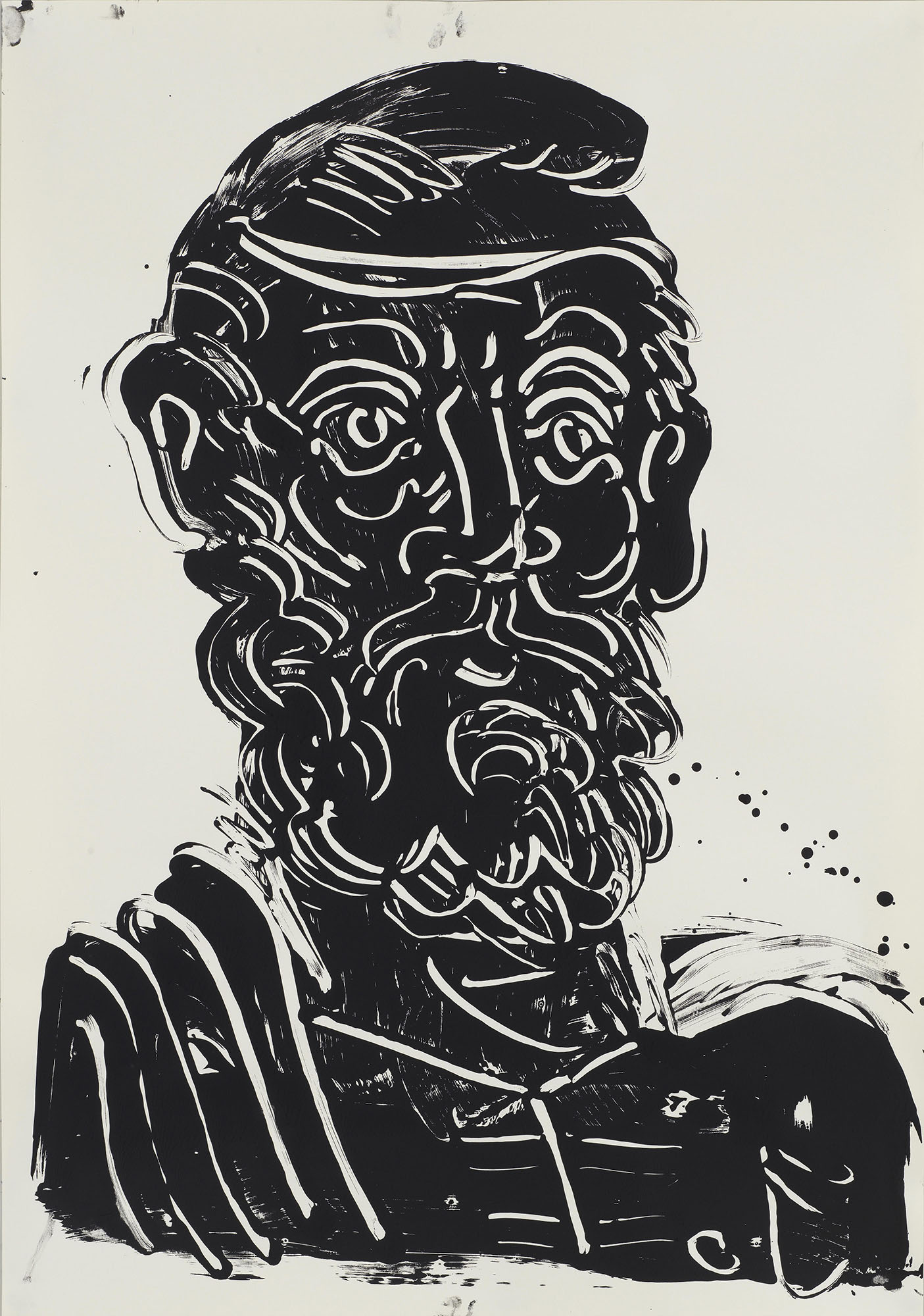Then, however, Odysseus reappears and the struggle of words shifts to an extended poem with Agamemnon, where the former recognizes that Aiades is, after Achilles, the bravest of all the Greeks and convinces the two Atreides to allow the hero to be buried with the honors he deserves. “for I see that we are nothing else, as long as we live, but ghosts and an airless shadow.” The Homeric hero at the beginning appears insolent in front of the tragedy of Aedas and fears him even while he himself enjoys the protection of Athena. But Odysseus senses both the hero’s drama and the dishonor done to him.
Even though he escapes death and at the same time watches his enemy perish, he understands that the drama of Aedes can touch any mortal, including himself. Odysseus feels fear and awe in the face of human insignificance. For this reason in the end, without fearing Agamemnon he will provide the solution, recommending reconciliation with the dead and respect for the gods and allowing the burial of Aedes.

